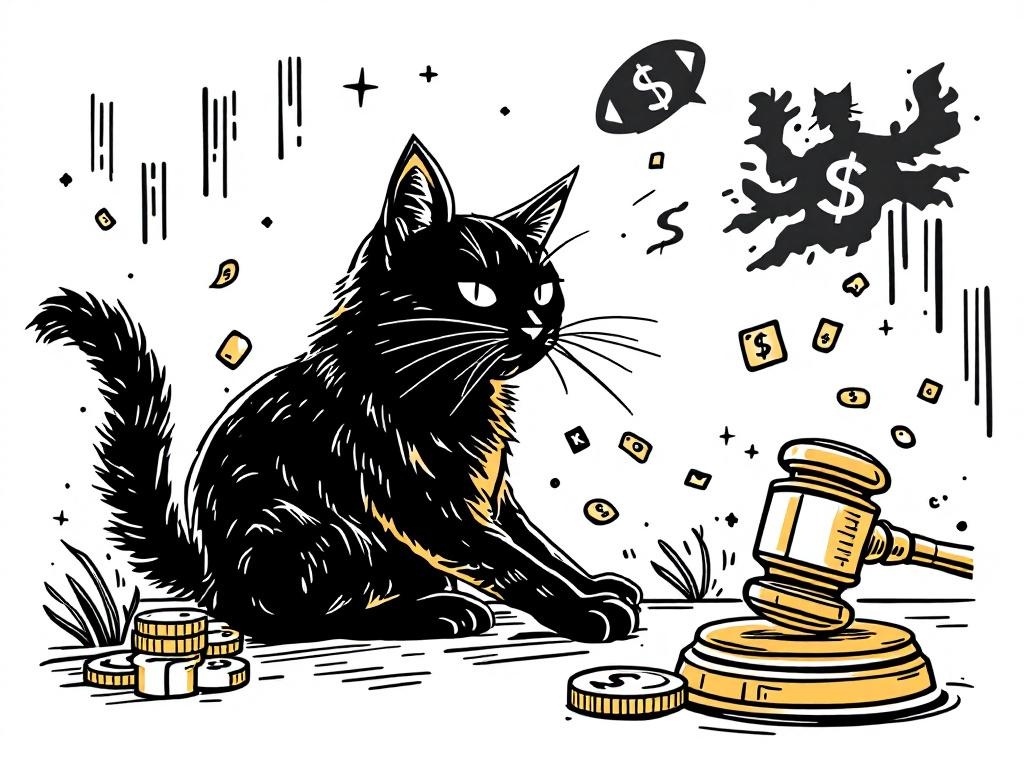Investors File Class Action Lawsuits Against Red Cat and Ibotta

New York, Sunday, 15 June 2025.
Amidst accusations of misleading business practices, investors of Red Cat Holdings and Ibotta initiate class action lawsuits for significant financial losses.
Background and Allegations
On June 15, 2025, law firm Bronstein, Gewirtz & Grossman, LLC announced the initiation of class action lawsuits against Red Cat Holdings, Inc. (NASDAQ: RCAT) and Ibotta, Inc. (IBTA). The lawsuits stem from claims of significant financial losses incurred by investors, attributed to alleged violations of federal securities laws by these companies [1][2].
Red Cat Holdings: Allegations and Implications
The lawsuit against Red Cat Holdings focuses on allegations that the company made materially false and misleading statements about its business operations and prospects. Specifically, the complaint underscores misrepresentations concerning the production capacity at their Salt Lake City facility and the overall value of the SRR contract. These claims pertain to security purchases made within the period from March 18, 2022, to January 15, 2025. The cutoff for investors to become lead plaintiffs in the case is July 22, 2025 [1].
The Case Against Ibotta
Ibotta is also facing litigation due to alleged misrepresentation and omissions that purportedly misled investors about the functionality of its data measurement systems and the company’s financial health. These concealments reportedly negatively impacted the revenue figures for late 2024 and early 2025. Similar to Red Cat, the lawsuit specifies a class period from April 18, 2024, to February 26, 2025, with a deadline for lead plaintiff status set for June 16, 2025 [2].
Industry Repercussions and Investor Rights
The legal challenges facing Red Cat Holdings and Ibotta underscore the heightened vigilance surrounding corporate disclosures in the tech and finance sectors. These actions stress the importance for investors to be aware of their rights and the resources available to them in instances of financial misconduct. Both lawsuits are examples of broader industry trends where investors increasingly turn to litigation in instances of perceived corporate misdeeds, advocating for transparency and accountability in management practices [1][2].